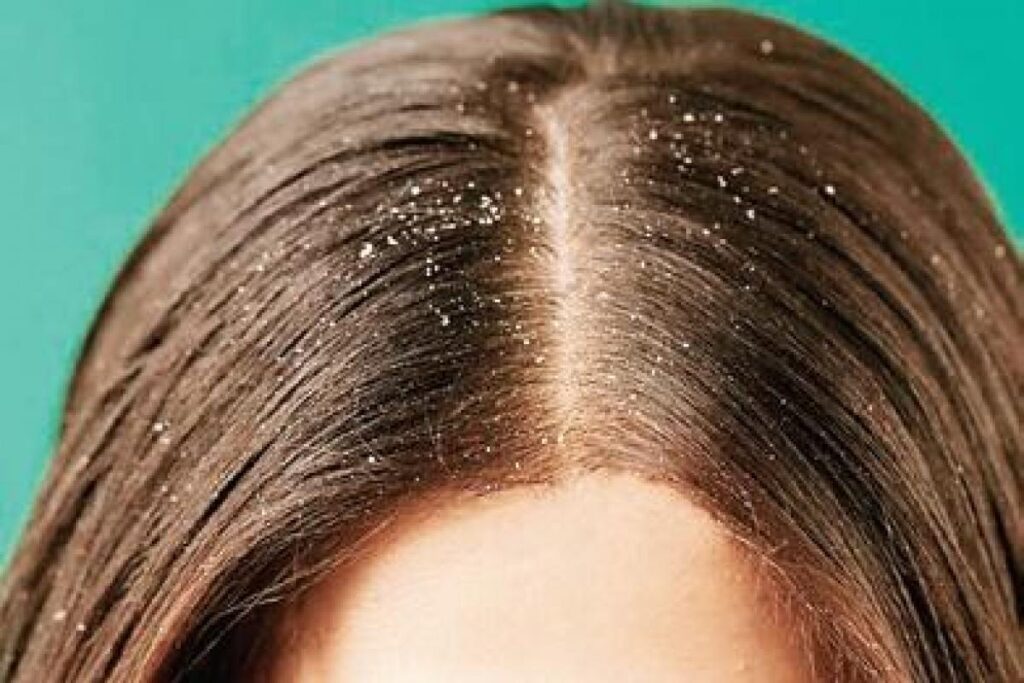When you notice flakes in your hair, your first thought would be- is this dandruff? However, these flakes might be the result of a dry scalp as well. Although the major symptoms of dandruff and dry scalp are flaking and an irritated scalp, they are two distinct problems.
When you have a dry scalp, the skin on the scalp becomes itchy and flaky. On the other hand, the reason for dandruff is presence of excess oil on your scalp. The scalp produces skin cells at a faster rate and they fall off because of the extra oil.
Knowing which of these symptoms you have will help you find the remedy to get rid of your flakes permanently.
Causes of Dry scalp
When your skin is dehydrated, your scalp can become dry. The skin becomes dry and itchy and falls off in the form of flakes. If your scalp is dry, it’s possible that the skin on the rest of the body, such as your hands and feet, is dry as well.
Other factors responsible for the dry scalp are:
Aging
Contact dermatitis caused by a response to products you use on your scalps, such as shampoos, hair gels, and sprays
Cool and dusty atmosphere
Frequent washing of hair
Scalp Psoriasis
In a nutshell, whenever our scalp does not retain adequate moisture, it becomes dry. You need oil to keep your scalp healthy.
Causes of Dandruff
When you are dealing with dandruff, the skin on your scalp sheds at a faster rate than usual. Seborrheic dermatitis, a condition that causes the skin to become greasy, reddish, and rough, is the most common cause of dandruff.
Seborrheic dermatitis can occur wherever there are oil glands, such as your eyebrows, beards, and the sides of your nose.
Dandruff is also caused by a fungus called Malassezia globosa. This naturally occurring fungus is present on everyone’s scalp and breaks down sebum into a by-product called oleic acid. While it’s completely normal, some people are allergic to this by-product, and experience dandruff as an allergic response. While dirt in the scalp does not trigger dandruff, if you do not cleanse your scalp regularly then, the greasy build-up can cause the skin on your scalp to flake.
The major difference between dry scalp and dandruff is that the flakes caused by dandruff are usually bigger and appear to be greasier.
Remedies
Consult a dermatologist:
Before you do anything on your own, arrange an appointment with a dermatologist, a specialist who focuses on hair and scalp care. The doctor will examine your hair and scalp to identify if you have dandruff. They can also check for eczema and psoriasis, both of which can make your scalp dry.
Cleansing your scalp:
If your scalp is dry, wash it with a mild shampoo before applying a hydrating conditioner. Applying a little suitable moisturizing leave-in conditioner to your scalp before night might help you determine if you really have dry scalp or dermatitis. If the flakes are caused by dry scalp, they should go away after you wash the next day. For dandruff, use an anti-dandruff shampoo to wash your scalp. Try Head and shoulders shampoo which consists of Pyrithione zinc, Salicylic acid, and Zinc Carbonate, it eliminates flaky skin or destroys dandruff on your scalp. The shampoos also contain ingredients such as lemon and menthol which soothe the itchiness and clean your scalp.
Hair styling products and equipment:
Hair products that contain harmful chemicals, such as dye and alcohol, should be avoided. These substances might cause your scalp to become rough. Also, stay away from hair products that can make your scalp greasy and clog the pores.
Dandruff and dry scalp are indeed bothersome, but they generally go away with proper care. So, follow these tips and flaunt cleaner, healthier hair in no time.




